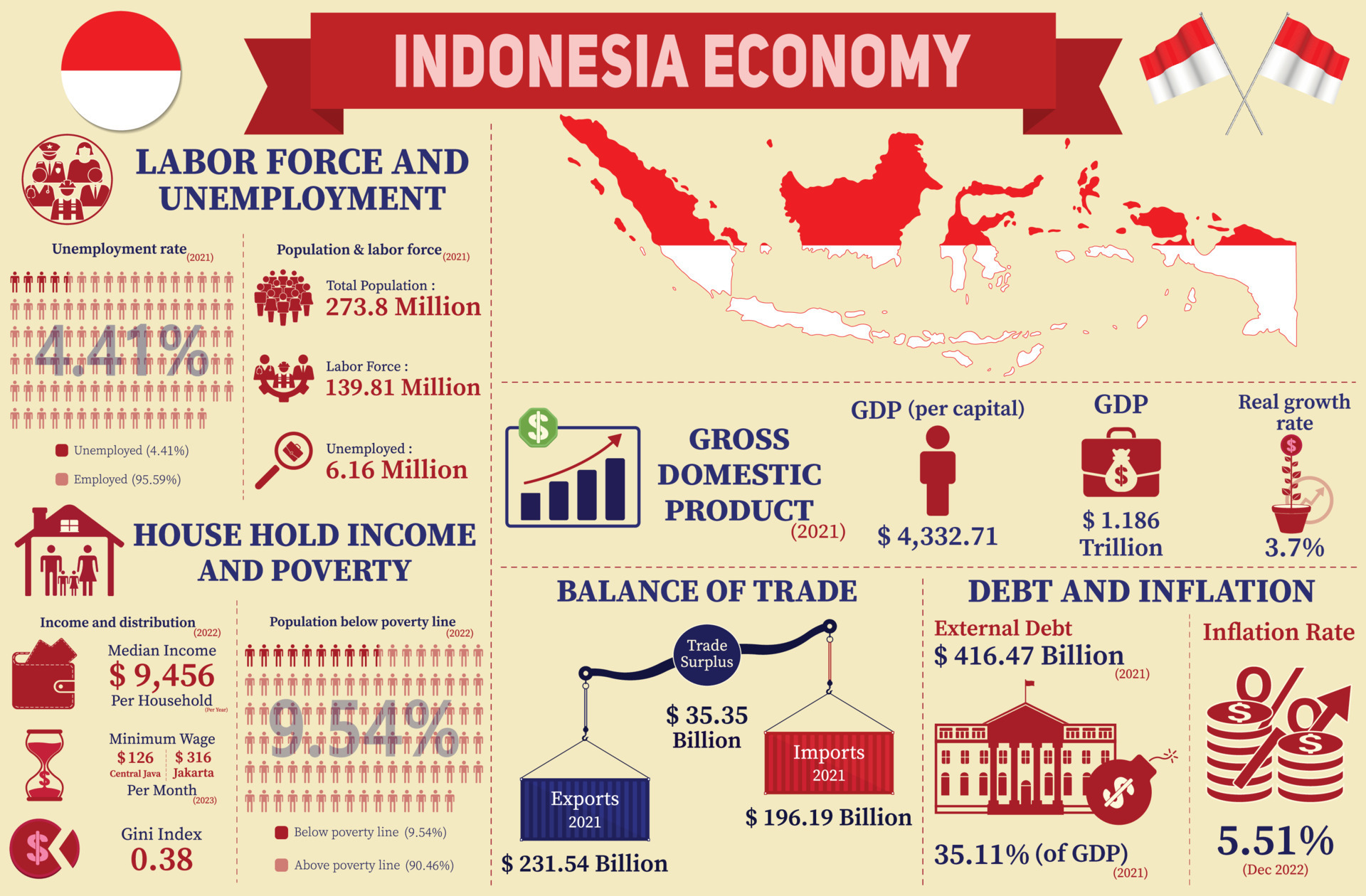Trade Tensions Escalate: Economists Forecast Sluggish Growth or Recession in US Due to Trump Tariffs
BlogTable of Contents
- Economic Relief For 2025 Program - Sue Peake
- Photo Economy 2025 AI-generated image 2274885675 | Shutterstock
- Proyeksi Pertumbuhan Ekonomi Indonesia 2025 - Kompasiana.com
- Economy 2025 Outlook - Scarlett Araujo
- Pertumbuhan Ekonomi Indonesia Diproyeksikan 5,15% di 2025
- Prospek Ekonomi Indonesia 2025 dan 2026 Bisa Capai 5,7 Persen ...
- Economie 2025 groeit een beetje, vooral dankzij consument
- Proyeksi Ekonomi Indonesia 2024-2025: Tumbuh Solid dan Optimis Menembus ...
- Why the 2025 is important for Economy
- Ekonomi Indonesia 2025: Menuju Masa Depan yang Cerah - Aksi.co



The Tariff Conundrum



Impact on US Economy




Economists' Predictions
Many economists are predicting a recession or weak growth in the US economy due to the tariffs. According to a recent survey, over 70% of economists believe that the tariffs will have a negative impact on the US economy. Some of the predictions include: Recession in 2020: Some economists predict that the US economy could enter a recession in 2020, with the tariffs being a major contributing factor. Weak growth: Others predict that the economy will experience weak growth, with the GDP growth rate slowing down to around 1-2% in the coming years. The trade tensions and tariffs imposed by the Trump administration have sparked concerns among economists, who are predicting a possible recession or weak growth in the US economy. While the intention behind the tariffs is to protect American industries and jobs, the consequences could be far-reaching and devastating. It is essential for policymakers to consider the potential impact of their decisions on the economy and work towards finding a solution that benefits all parties involved. As the trade tensions continue to escalate, one thing is certain – the US economy is in for a bumpy ride.Keywords: trade tensions, Trump tariffs, US economy, recession, weak growth, economists' predictions, inflation, consumer spending, job losses.